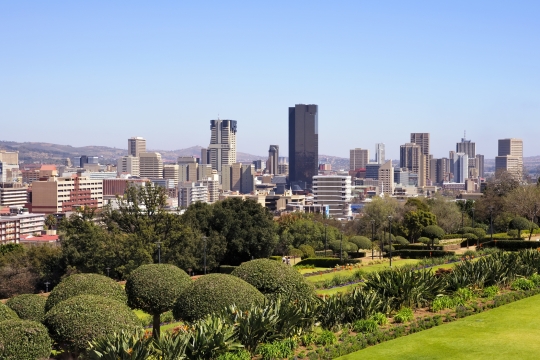Natural spaces within city limits, such as wetlands or forests, can offer important support to cities in terms of helping to manage waste water, or slow down flood waters. But scientists shouldn’t over-sell certain of these ecosystem services when lobbying for their protection with city managers, because it could lead to greater pressure being put on these already over-pressured systems.
This is a warning from resource economist Dr Jane Turpie, speaking at the Ecosystem Services Partnership workshop held outside Stellenbosch in South Africa in November 2015.
‘We raised the question about whether we are overselling ecosystem services, and I think it’s a very real issue,’ explains Turpie, direction of the Environmental Policy Research Unit (EPRU) based at the University of Cape Town (UCT).
‘In urban areas, where environmental problems can be extreme, relying on a wetland or river to help manage waste water might be cheaper for a municipality than putting in a costly technological solution.’
The risk of pushing this point, warns Turpie, is that municipalities can put too much reliance on these ‘softer engineering’ solutions, which can cause wider environmental problems as a result.
‘For instance, we’ve seen how an over-reliance on wetlands to handle water treatment has led to pollution downstream, resulting in a loss of many other services in that river or wetland system.’
If polluted water flows into wetlands from catchment areas, this can damage the environment further down a river system, and also extend into lakes, wetlands, and as far as the coast where estuaries, beaches and the sea can become polluted.
Resource economists often use the ‘ecosystem services’ value of natural spaces in urban centres to motivate that city managers prioritise their restoration or protection.
‘We do need to be careful, though, how we ‘sell’ some of these ecosystem services in an urban context, so that we don’t become overdependent on soft engineering solutions.’
Protecting the playgrounds
Turpie says EPRU’s studies have shown that the value of green open spaces in cities is overwhelmingly in their ‘amenity’ value, which gives people recreational and aesthetic benefits.
‘We must be very careful not to compromise this value,’ she urges. These contribute to people’s health and wellbeing, and in places can push up property values.
